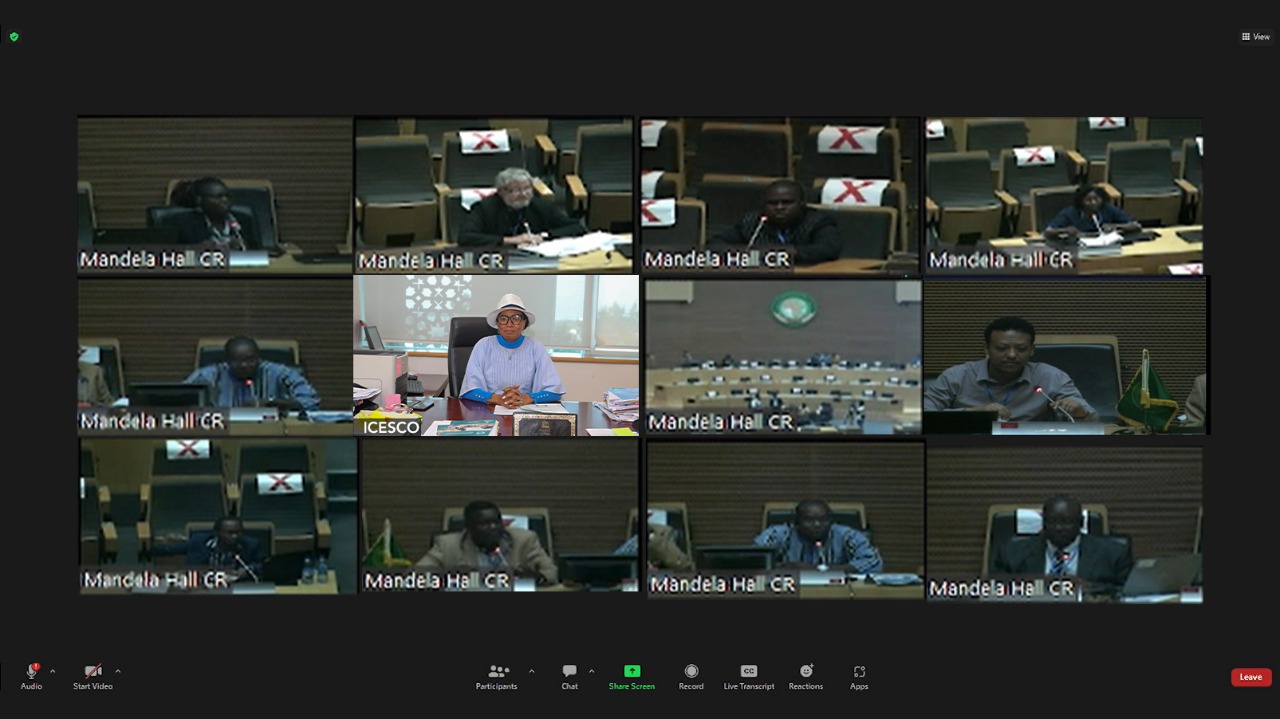
ICESCO Participates in Symposium on Reimagining Education after Pandemic in Sub-Saharan Africa

7 October 2022
The Education Sector of the Islamic World Educational, Scientific and Cultural Organization (ICESCO) took part in the Continental Symposium on Research and Innovation in Education under the theme: Reimagining Education for a Better Impact on Learning Commutes in Sub-Saharan Africa, which was held by the Center for Knowledge and Innovation Exchange (KIX) Africa, in cooperation with the Organization of the Global Partnership for Education’s (GPE) and the International Organisation of la Francophonie, at the African Union headquarters in Addis Ababa, Ethiopia, with the participation of several ministers of education, researchers and specialists in the field in Africa, to discuss innovative way to address the challenges related to education in the post-Covid 19 world.
Dr. Barry Koumbou, Head of the Education Sector, represented ICESCO in the Symposium, on October 6, 2022, via videoconference, where she reviewed in her address ICESCO’s guide prepared during the Covid-19 pandemic on the reopening of educational institutions in Member States, which was introduced during the Extraordinary Virtual Conference of Education Ministers of ICESCO Member States, held in May 2020, to serve as a road map for the Member States in developing educational systems.
She also highlighted the importance of a holistic approach to reopening schools after the pandemic, in addition to the need to create a space for dialogue with all partner researchers, teachers’ network and civil society, mainly the five pillars of reopening schools, which are: acceptability, accessibility, adaptation, availability and appropriateness, and mental health and well-being.
The Symposium highlighted recent research, innovations and good practices to improve student learning outcomes in sub-Saharan Africa and encourage the use of research in developing educational systems, along with investing in opportunities to improve educational outcomes, improve teacher training, curricula and assessment, as well as development strategies.



